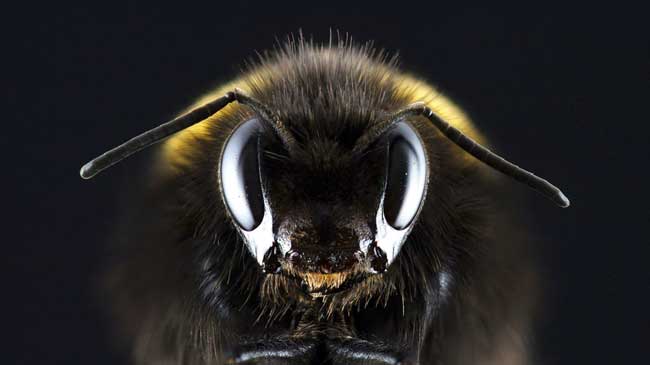Animal behaviorists made a startling discovery during the 2017 total eclipse. Reports prior to 2017 suggest that bee activity was known to lull during eclipses. Scientists wanted to observe the phenomenon themselves and discover to what extent bees stopped their normal activities. Researchers from the University of Missouri recruited teachers, students and others to listen at several acoustic stations across Oregon, Idaho and Missouri. The researchers modified the stations, originally set up to track pollination, so that recruiters could listen in on bee activity. What the research team discovered was that at the onset of the solar eclipse the bees abruptly stopped buzzing. Since buzzing is the sound bees’ wings make when in motion, it follows that the bees had stopped moving.
Key Takeaways:
- According to a team of scientists, bees stopped flying and buzzing completely during the total solar eclipse of 2017.
- While the researchers did expect the bees’ activity to decrease, none of them thought that the bees would cease doing everything.
- The team concluded that the environment of complete darkness caused the bees’ strange behavioral response.
“Case in point – researchers just demonstrated the existence of a strange phenomenon, proving that during the solar eclipse of August 21st, 2017, bees did not buzz at all.”




